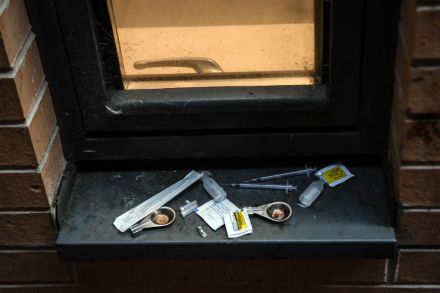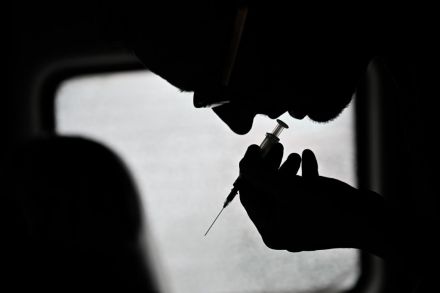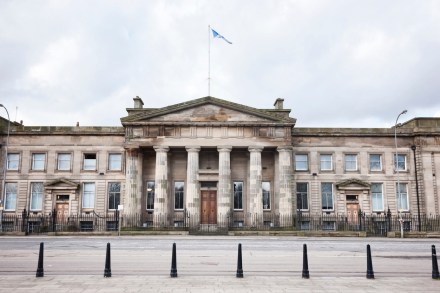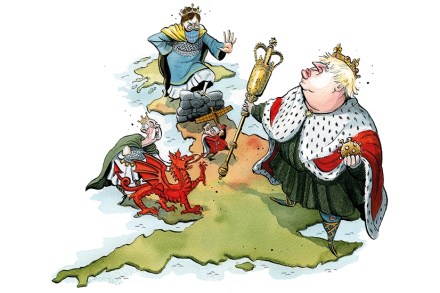Scotland’s drug problem is a national scandal
You have seen the chart and it is grim. A list of European countries ranked by annual drugs deaths, with Scotland at the top and a long red bar beside it. Scotland recorded 1,264 deaths from drug misuse in 2019, more than twice the number of HIV-related deaths in Somalia and more than double the death toll from terrorism in Iraq in the same year. Two-thirds of deaths were among Scots aged 35 to 54 but there was also an increase among the 15-to-24 demographic. More than 90 per cent involved multiple-drug cocktails, with ‘Street Valium’ cited in two-thirds of cases. The fake benzodiazepines can be bought for 50p a





















